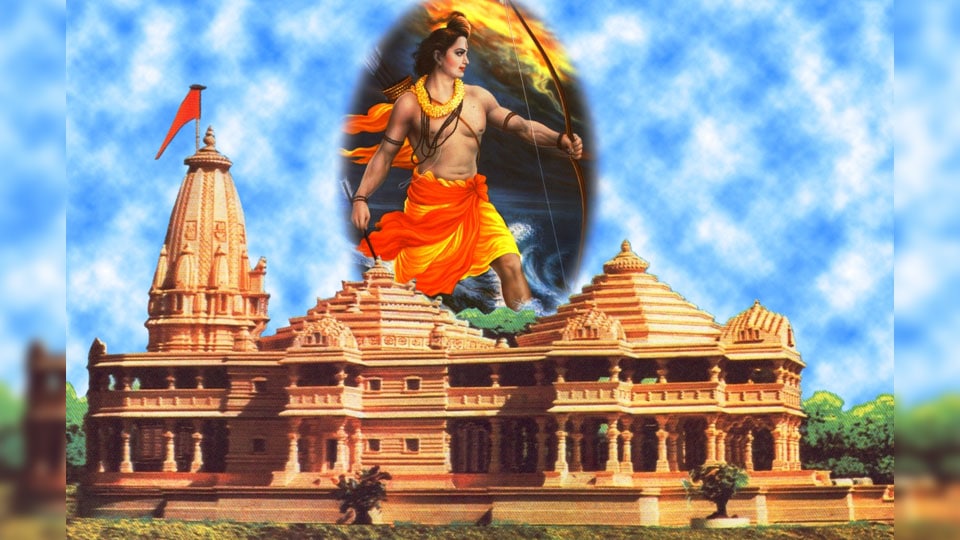New Delhi: The Supreme Court yesterday granted three months time for translating the historic documents in the two-decade-old Ayodhya dispute. The Apex Court fixed the matter for further hearing on Dec. 5.
The Apex Court has constituted a three-judge bench headed by Justice Deepak Misra to hear a batch of petitions challenging the Allahabad High Court verdict in the Ayodhya land dispute case.
On Aug. 8, the Uttar Pradesh’s Shia Central Waqf Board told the Supreme Court that a mosque can be built near Ram Temple in Ayodhya.
The Shia Waqf Board had filed an affidavit before the apex court in which it stated that a mosque can be constructed at a place near birth place of Lord Ram. “Since, the Babri Masjid was a Shia Waqf, we are alone entitled to negotiate and arrive at peaceful settlement with other stakeholders,” Shia Waqf Board said in its statement.
However, in the year 1961 the Sunni Central Waqf Board also filed a lawsuit, demanding possession of the site and removal of idols from the mosque premises. Reportedly, the Board had earlier decided to become a party in ongoing litigations in relation to the Ramjanmabhoomi – Babri Masjid dispute.
The mosque was demolished on December 6, 1992 in Ayodhya. The country witnessed massive riots in which over 2,000 people were killed. The Hindus claim that it is the birthplace of Lord Rama where a mosque was built in 1528-29 CE (935 AH) by Mir Baqi. Since the mosque was built on orders of the Mughal emperor Babur, it was named Babri Masjid.








Recent Comments